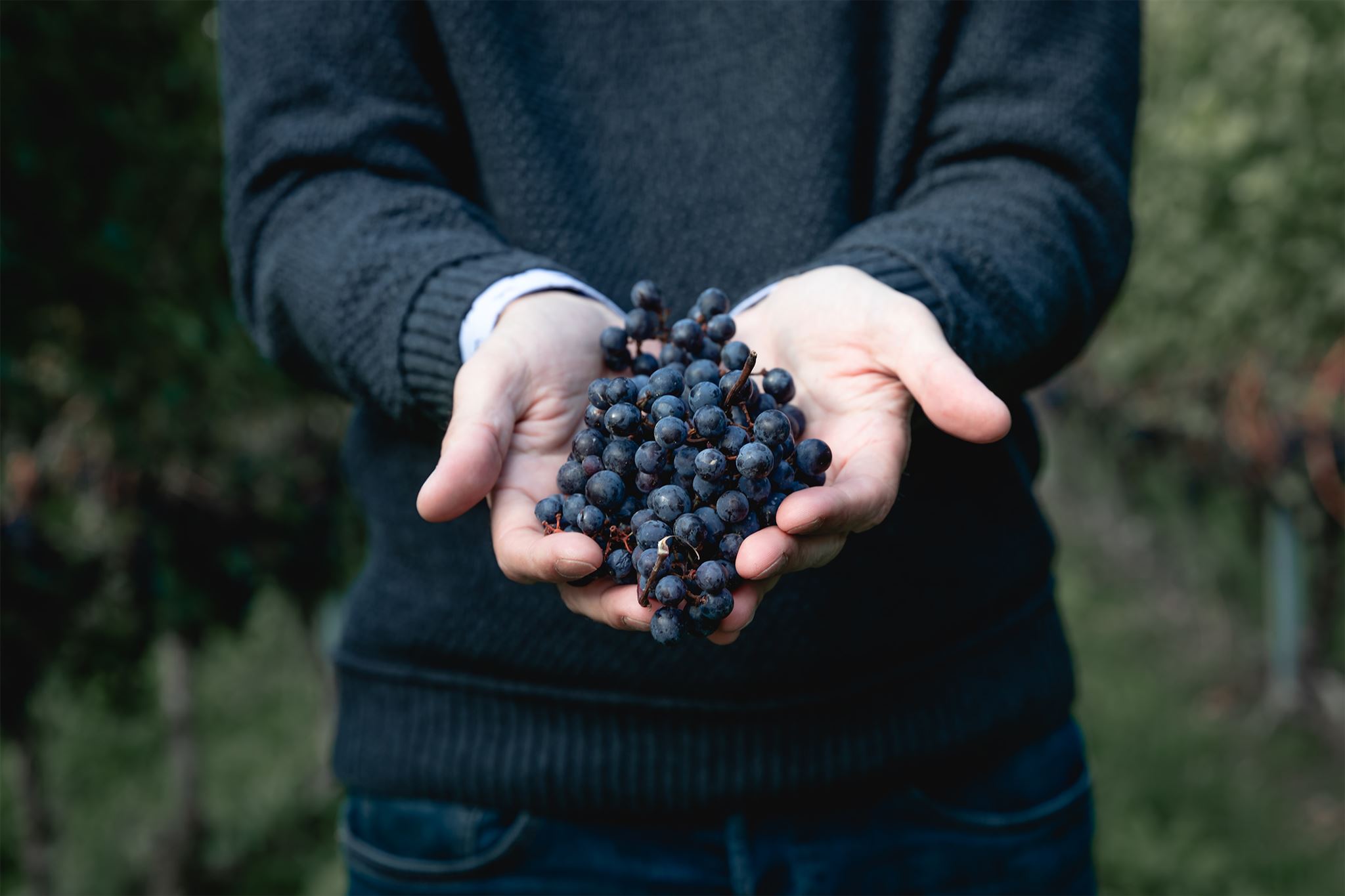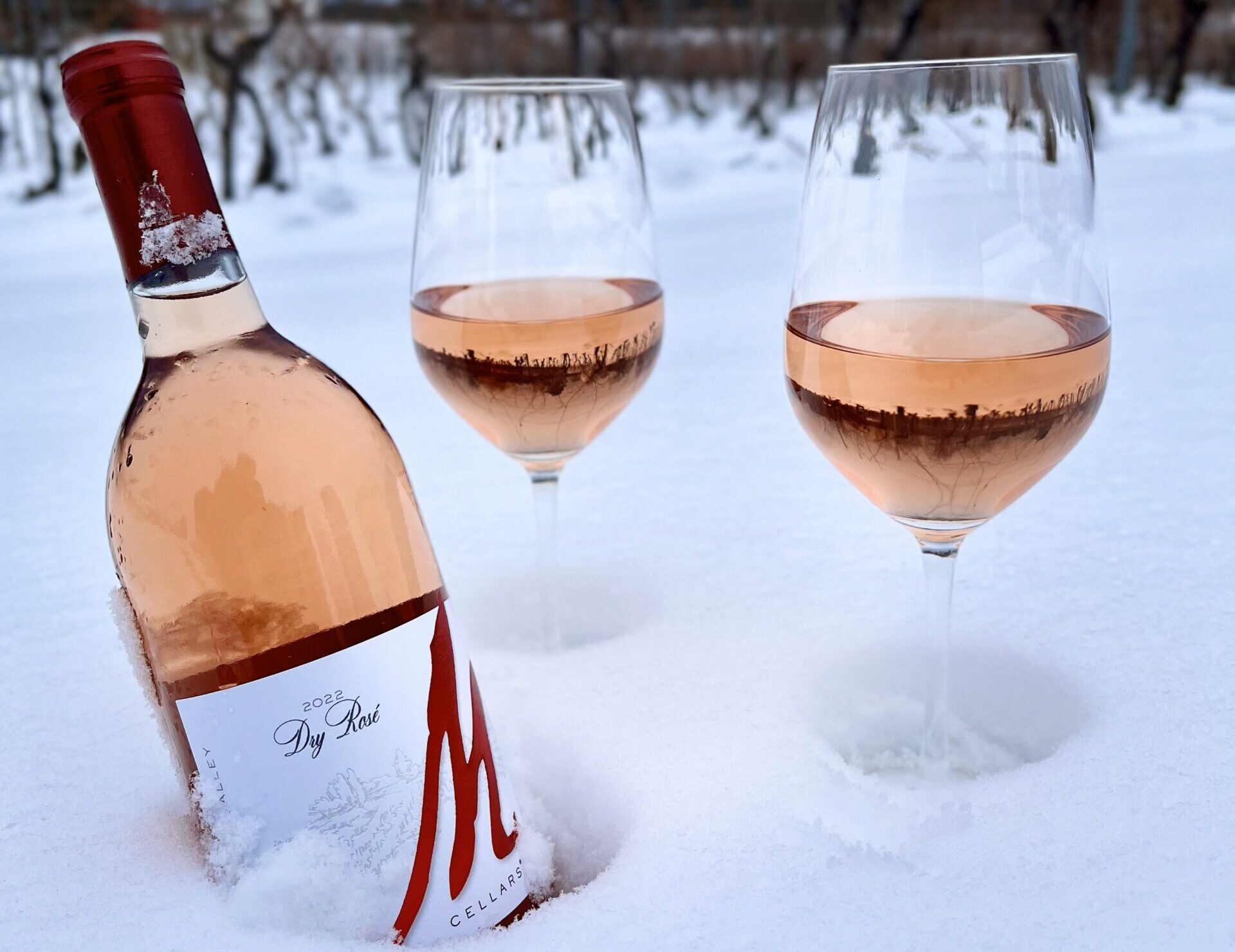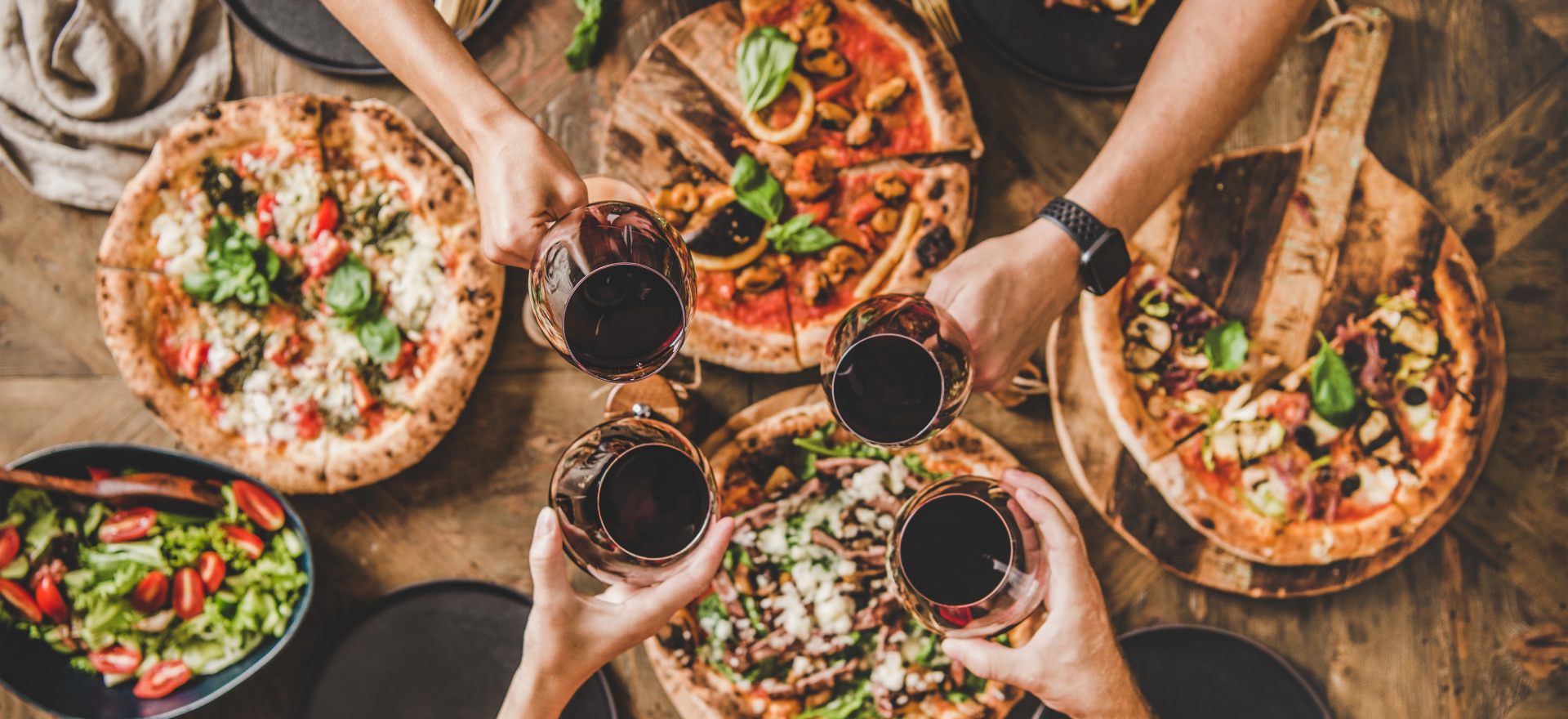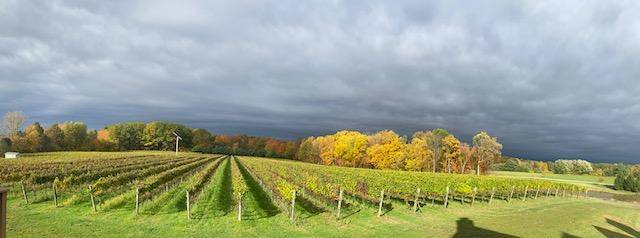Like a tannin-rich red, wine knowledge develops over time. Luckily, we have Scott Stutz, M Cellars’ Sommelier, to help us along the journey. He agreed to loan his expertise to answer some burning questions, including submissions from our own M Cellars community members. So grab a glass of your favorite varietal, and drink in the wisdom of our resident wine expert.
Q. Can you describe the role of a sommelier, and how someone becomes one?
A. If we look at history, somms held an important, life-risking role of service to nobility managing provisions for travel. They ensured food and drink were safe—and not spoiled or poisoned by rogue enemies—by tasting everything prior to service. Over time, the role evolved to essentially what is today: a respected source of expertise in the wine and spirits industry. Levels of certification can be achieved through very challenging and rigorous studies and exams. I view my role as a sommelier as one of service – guiding my clients along the beautiful journey we call wine.
Q. What’s the best way for a wine lover to learn about wine?
A. Spend your time tasting wines. No one is born with an experienced palate; wine is a journey, and the pathway is different for everyone. I highly recommend a focus on wine experience over wine knowledge. The joy and appreciation of wine will be much greater with this approach.
Q. When tasting wine, what should I be looking for (other than whether I like it)?
A. It’s important to focus on a wine’s character. Specifically, on aromas and taste—equally. Use your senses to connect to a smell or taste you currently know, or from a memory you have. Just know that wine is not a test; it is a journey of learning experienced over time.
Q. What’s a myth or common misconception about tasting wine, choosing wine, or wine in general?
A. Many people I work with have a misconceived embarrassment of their wine knowledge. I immediately defuse this mindset. I teach them to be inquisitive and curious in their approach to wine, and form their views based on their current palate experience. Choose wines that you like today. If possible, try to taste all wines prior to purchase. Be willing to taste and choose a new wine to grow your experience.
Q. Does white really go with fish/chicken, and red with red meats? Or is there some overlap?
A. Pairing wine with food should only be focused on complementary or contrasting characteristics—not flavors. A complementary example would be a nice, creamy, big-bodied chardonnay with a creamy white sauce pasta or poultry dish. A warm Brie cheese with a barrel-aged chardonnay is spectacular. A brilliant contrast pairing example would be a riesling or gewürztraminer (known for bright acidity) with a spicy Thai or Indian curry dish.
Q. Does the glass shape/size make a difference?
A. Wine glass shapes have evolved over time to enhance a specific wine character. I highly recommended tasting one wine in a few differently shaped glasses. You’ll see the difference in the way the wine profiles. This, of course, is all subjective to the wine, glass, and experience level. I do have one specific recommendation: pour delicate pinot noirs in a large bowl glass or classic Burgundy glass. The pinot noir’s beautiful aroma will bloom in a glass of this shape.
Q. If I don’t know a lot about wine, but I want to look sophisticated during a tasting, what are some words I could say?
A. I always recommend a humble, inquisitive and curious approach to wine in social settings. It will always be more genuine… and you never know when you may be speaking to a sommelier.
Q. What are the best food pairings for pinot noir?
A. Pinot noirs are known for their complexity and delicacy. They have earthy secondary characteristics that pair very well with wild game such as quail, pheasant and venison. In addition, they pair beautifully with lightly roasted fish – especially salmon – and roasted poultry in general. A beautiful and classic pairing of rustic beef stews of the French Burgundy region and coq au vin are amazing.
Q. What is the most amazing, surprising, or your favorite wine and food pairing in existence?
A. One memorable pairing was a 60-year vintage port wine with a well-aged Stilton blue cheese. Power and elegance entwined!
Q. What is the perfect grape to make a great wine in Ohio?
A. There are actually two great European varietals that I favor in the Ohio Grand River region. The first is cabernet franc, the red grape from northwest France, and chardonnay, the white varietal from the Burgundy region of France. Both are thriving in Ohio’s microclimate with modern vineyard management systems.
Q. What about the top 5 grapes for Lake Erie Ava?
A. Here are the top 6 in order of my preference that have the potential for greatness.
1. Cabernet franc
2. Chardonnay
3. Riesling
4. Pinot noir
5. Cabernet sauvignon
6. Gewürztraminer
Q. I’ve always considered the love of wine a matter of taste, and what you enjoy, you should drink. There are those that consider French wines far above most American wines. Your thoughts? M Cellars wines are always smooth going down, with an incredible finish. That’s what I enjoy and admire!
A. First, you should always drink the wines that you enjoy today; however, be curious to taste new wines from all regions of the world. As it relates to the superiority of French wines, or even Italian wines, I recommend tasting these wines to experience points of origin for many wine varietals. Taste them to understand their character and form your own opinions of preference.
Q. What’s an unusual, underrated, or lesser known varietal that we should all try immediately?
A. It’s been so interesting to see the growth of awareness and favor by M Cellars clients of Gewürztraminer. It is a very old grape varietal, with well-known complexity and a unique personality. I highly recommend you get to know this varietal.
Q. Do you have a favorite wine memory?
A. My favorite memory and introduction to wine was during my early 20s where I had the great fortune to live in the south of France in the small Mediterranean village of Bezier. Tasting the great Provençal rosés of the region, paired with the local Provenance dishes was an amazing experience I will never forget.
Q. Anything else we should know about you, M Cellars, or wine in general?
A. I have worked with M Cellars as their wine educator, and now sommelier, since 2013. My philosophy and approach as a sommelier is to guide our clients through an emotional, learning-experience approach to wine, and not that of conveying wine knowledge or fact. Personally, wine has always taken me on a journey to wonderful memories of aromas and tastes of times past. I have always been able to connect the dots. I truly believe that wine is an appreciation that is learned and enjoyed for a lifetime. I continue to learn wine.
Have another question for Scott? Look for upcoming Sommelier-led events on our website and Facebook page.




